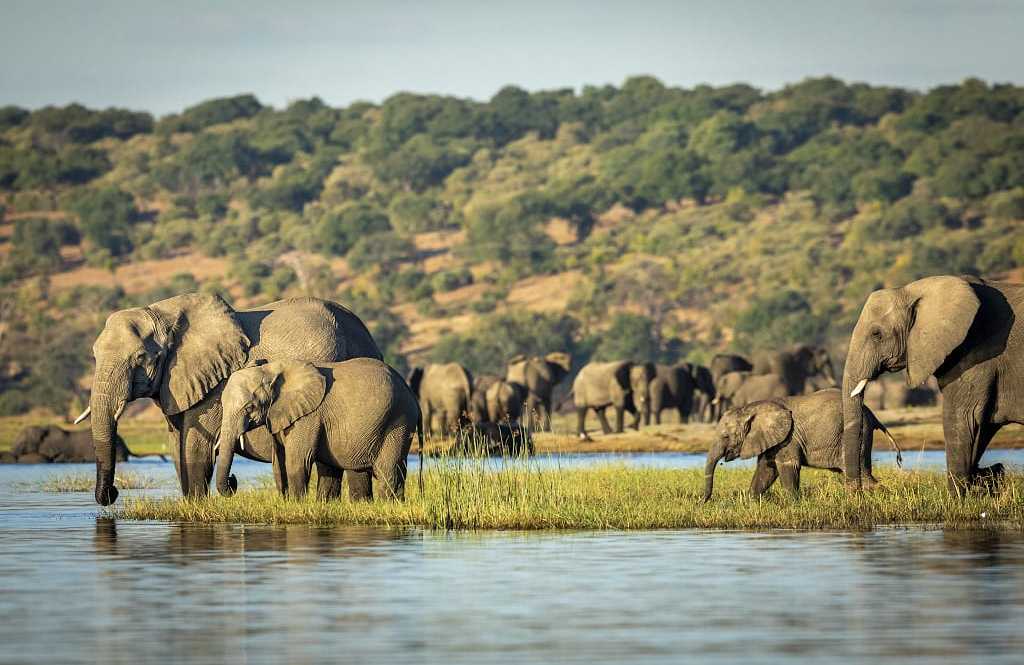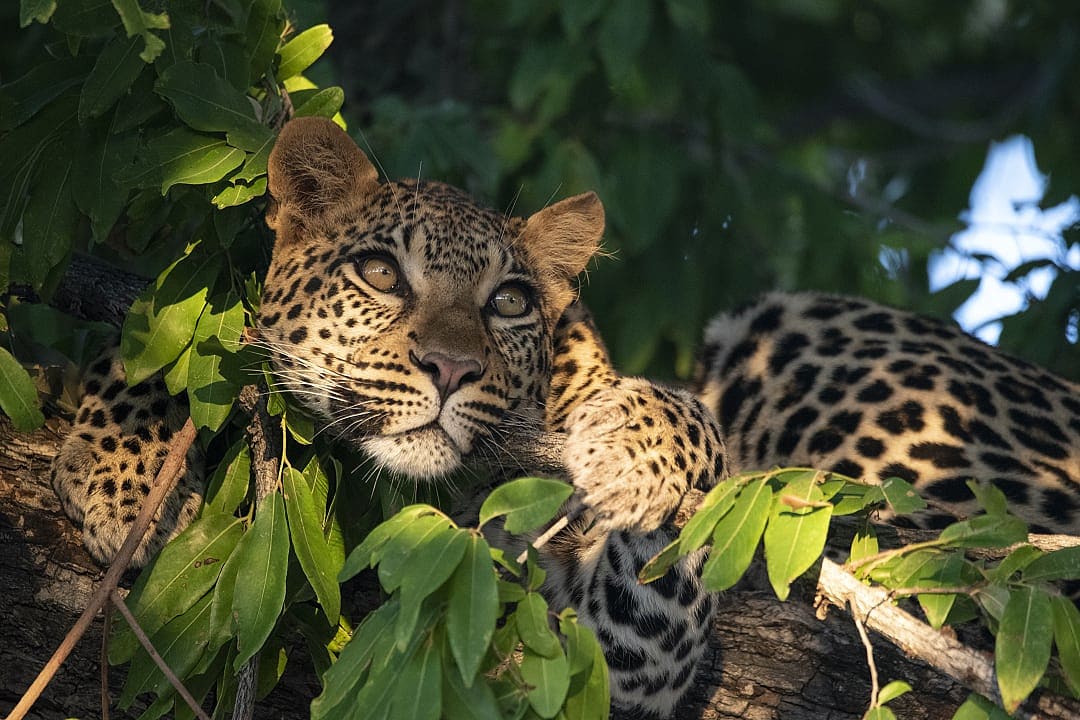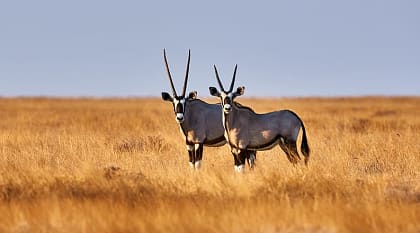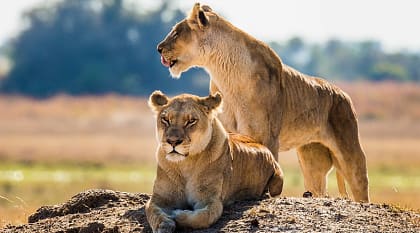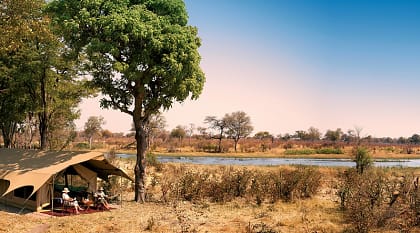The distinct safari regions of Botswana are brimful of magnificent contrasts and offer unique landscapes and wildlife experiences. From the lush, life-giving waterways of the north to the hauntingly beautiful deserts and salt pans of the south, each area presents a different facet of Southern Africa’s pristine wilderness. At Zicasso, we specialize in crafting itineraries that seamlessly connect these diverse habitats for a comprehensive and immersive journey.
- Okavango Delta: A UNESCO World Heritage Site, this unique inland delta is a maze of lagoons, channels, and islands teeming with life. It’s renowned for its exceptional water-based safaris, prolific birdlife, and predators that have adapted to the aquatic environment.
- Chobe National Park: Famous for having one of the largest concentrations of elephants on the continent, Chobe offers spectacular game viewing by land and on the Chobe River. River cruises provide incredible opportunities to see elephants, hippos, crocodiles, and a vast array of other animals that gather at the water's edge.
- Makgadikgadi Pans: One of the world's largest salt flats, this vast, otherworldly landscape offers a unique safari experience. During the dry season, it’s a stark, beautiful expanse; after the rains, it transforms into a crucial wetland that attracts thousands of zebras, wildebeest, and flamingos.
- Kalahari Desert: The Central Kalahari Game Reserve offers a hauntingly beautiful desert ambiance. You can find unique desert-adapted species like the black-maned Kalahari lion, brown hyena, and meerkat, set against a backdrop of ancient fossilized riverbeds and rolling dunes.
- Linyanti and Savuti: These remote regions are known for their high concentration of predators, particularly lions and wild dogs, and large elephant herds. The Savuti Channel has a mysterious history of flooding and drying up, creating a dynamic and dramatic environment for wildlife.
To delve deeper into these captivating areas, explore our guide to the Best Places to Visit in Botswana on Safari.
